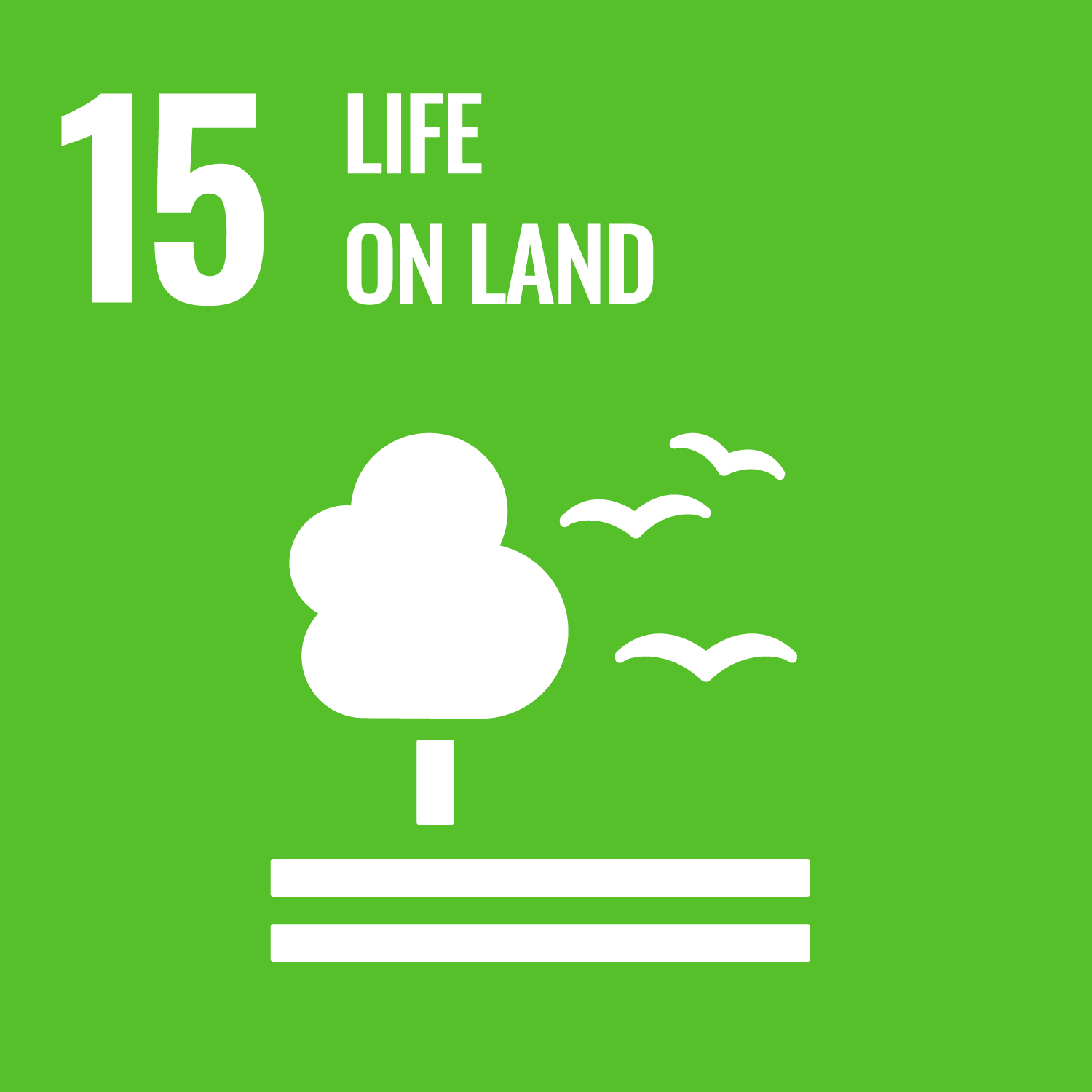Land use planning is a significant part of urban and regional planning. This planning studio will focus on the basic skills
of GIS (Geographic Information System), the technical analysis and integration methods of urban land use planning, and presentation
skills for the concept of a land use plan.
The purpose of this studio class is to learn the technical analysis and integration methods of urban land use planning in
practice.
- Students will be able to learn the basic skills of GIS (Geographic Information System).
- Students will be able to learn how to conduct a field survey for urban land use planning.
- Students will be able to learn the technical analysis of urban land use planning.
- Students will be able to learn the integration methods of urban land use planning.
- Students will be able to make a presentation about the concept of a land use plan.
| Class schedule | HW assignments (Including preparation and review of the class.) | Amount of Time Required | |
|---|---|---|---|
| 1. | Introductory lecture: Land use planning GIS manipulation |
GIS work | 200minutes |
| 2. | GIS manipulation | GIS work | 200minutes |
| 3. | Site visit: observation | GIS work | 200minutes |
| 4. | Feedback on the site visit | GIS work | 200minutes |
| 5. | Demographic analysis | GIS work | 200minutes |
| 6. | Preparation for a field survey | GIS work | 200minutes |
| 7. | Field survey: data collection | GIS work | 200minutes |
| 8. | Land use analysis | GIS work | 200minutes |
| 9. | Land use analysis | GIS work | 200minutes |
| 10. | Land use issues and planning concept | GIS work | 200minutes |
| 11. | Preparation for a midterm presentation | PPT work | 200minutes |
| 12. | Midterm presentation: issues and planning concept | PPT work | 200minutes |
| 13. | Preparation for a final presentation | PPT work | 200minutes |
| 14. | Final presentation: planning proposals | PPT work | 200minutes |
| Total. | - | - | 2800minutes |
| Submissions | Presentations | Total. | |
|---|---|---|---|
| 1. | 25% | 0% | 25% |
| 2. | 20% | 0% | 20% |
| 3. | 20% | 0% | 20% |
| 4. | 20% | 0% | 20% |
| 5. | 0% | 15% | 15% |
| Total. | 85% | 15% | - |
Submission A: 5%, B: 5%, C: 5%, D: 5%, E: 5%, F: 10%, G: 10%, H: 10%, I: 10%, J: 20%, Midterm presentation: 5%, and Final
presentation: 10%
- Lunch break on Thursday.
- Questions by email can be accepted at any time.
E-mail (Prof. Nakamura): nakamu-h@shibaura-it.ac.jp
- Course that cultivates an ability for utilizing knowledge
- Course that cultivates a basic interpersonal skills
- Course that cultivates a basic self-management skills
- Course that cultivates a basic problem-solving skills
| Work experience | Work experience and relevance to the course content if applicatable |
|---|---|
| Applicatable | Based on the work experience in the field of Urban and Regional Planning, Environmental Design, and Community Design, the basic concept, technical analysis and integration methods of land use planning can be taught. |




- 3.GOOD HEALTH AND WELL-BEING
- 11.SUSTAINABLE CITIES AND COMMUNITIES
- 15.LIFE ON LAND
- 17.PARTNERSHIPS FOR THE GOALS
Last modified : Wed Aug 26 04:06:02 JST 2020

